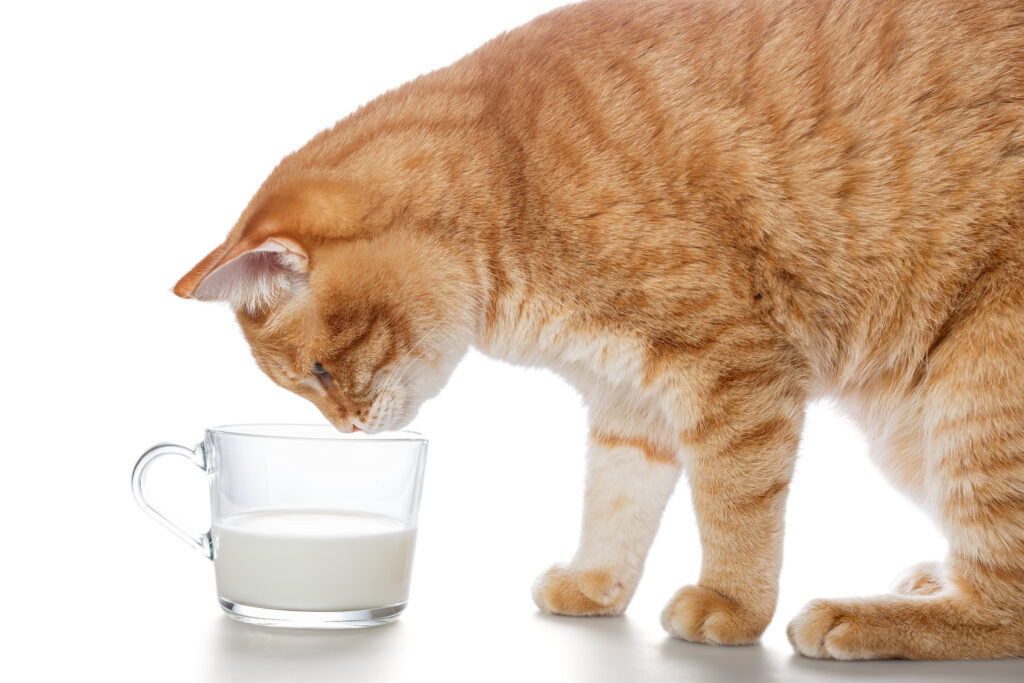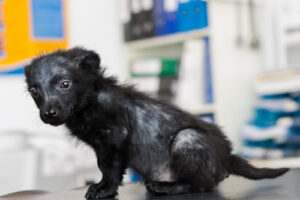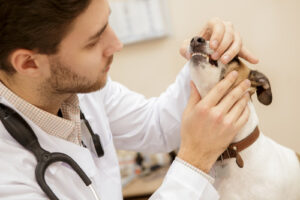When it comes to our beloved cats, many of us have questions about their diet and health. One common question is, “Can cats have milk?” This blog aims to shed light on this topic. For personalized advice and specific concerns about your cat’s diet, feel free to reach out to Park Veterinary Hospital in Fort Lauderdale, FL at (954) 561-8387. Our team is always ready to support you and your cat with expert advice and care.
Understanding Cat Nutrition and Milk
Cats are fascinating creatures with unique dietary needs. While the image of a cat lapping up a bowl of milk is iconic, it’s essential to understand the realities behind this common belief.
Nutritional Needs of Cats
Cats require a range of nutrients, including high levels of protein, certain fatty acids, vitamins, and minerals. While milk does contain some beneficial nutrients like calcium and vitamins, it’s not necessary for a cat’s diet, especially if they are already consuming a balanced commercial cat food.
The Role of Water in a Cat’s Diet
It’s important to note that hydration is a key aspect of a cat’s diet. Unlike some animals, cats may not have a strong drive to drink water. Consequently, ensuring they get moisture from their food is important, especially if they consume a lot of dry food. While milk might seem like a good source of hydration, it’s not the most suitable choice for reasons we’ll explore further.
The Truth About Cats and Lactose
Milk is known for its nutritional value, but can it be part of a cat’s diet? The key factor here is lactose, the sugar found in milk. Kittens have the enzyme lactase that helps them digest lactose in their mother’s milk. However, as cats grow older, they often produce less lactase, making it harder for them to digest lactose.
The Risk of Feeding Milk to Cats
Without enough lactase, cats can struggle to digest milk, leading to discomfort. Symptoms of lactose intolerance in cats include an upset stomach and diarrhea. While not all cats are lactose intolerant, it’s common enough to warrant caution.
Alternative Options to Cow’s Milk
So, what if you want to treat your cat with something special? Some alternatives are safer for cats who can’t handle lactose.
Lactose-Free Milk Products
Lactose-free milk products are available and can be a safer choice for your cat. These products have the lactose removed or broken down, making them easier for cats to digest.
Healthy Treats for Cats
Beyond milk, there are many healthy treats you can offer your cat. These include small pieces of cooked meat or fish, commercial cat treats, or even specially formulated cat milk products designed to be low in lactose.
The Importance of a Balanced Diet
While treats can be a nice addition, a balanced diet is key for your cat’s health. This means high-quality food that meets all your cat’s nutritional needs, rich in protein, fats, vitamins, and minerals. It’s important to choose a cat food that’s specifically formulated for their life stage, whether they’re a kitten, adult, or senior cat.
Myths About Cats and Milk
There are a couple of myths surrounding cats and milk that can lead to confusion for cat owners.
Myth 1: Milk is a Necessary Part of a Cat’s Diet
Contrary to popular belief, milk isn’t a necessary part of a cat’s diet, especially once they’re weaned off their mother’s milk. Their nutritional needs can be fully met with high-quality cat food.
Myth 2: All Cats Love and Tolerate Milk
While many cats may like the taste of milk, not all can tolerate it. It’s important to observe your cat’s reaction to milk and consult with a veterinarian if you notice any signs of discomfort or intolerance.
When in Doubt, Talk to Your Vet
When you understand your cat’s dietary needs, you can give them the healthiest, happiest life. While milk might not be the best choice for many cats, there are plenty of other ways to treat and nourish them. If you have any questions or need advice about your cat’s diet, the team at Park Veterinary Hospital in Fort Lauderdale, FL, is here to help. Call us at (954) 561-8387 to schedule an appointment or to get more information.






